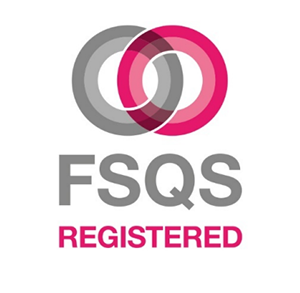
In the intricate world of commercial insurance, success hinges on a delicate balance of strategy, relationships and expertise. One crucial aspect that can make or break a broker’s success is their placement strategy.
Impact on business performance:
One of the primary indicators of a flawed placement strategy is its direct impact on broker’s earning potential. A poor strategy may lead to suboptimal policy placements, resulting in a risk of incorrect levels of coverage and impacting relationships with carriers and the ability to leverage insurer deals.
Brokers who fail to adequately assess and understand their client’s needs may find themselves negotiating unfavorable terms or overlooking potential opportunities for upselling additional coverage.
Number of agencies:
A diverse portfolio of insurers is often seen as a strength. However, an excessive number of agencies may signify a lack of focus and strategic alignment. Brokers who spread themselves too thin across numerous agencies may struggle to maintain strong relationships with key partners. This dispersion of efforts can hinder the broker’s ability to negotiate favorable terms, access specialized knowledge, and receive timely support.
Cases placed per agency:
Analysis by Broker Insights suggests that on average, brokers only maintain active relationships with around half of their agency base.
Efficiency in placing cases is a critical metric for evaluating a placement strategy’s effectiveness. Brokers who consistently struggle to place cases or face a high rejection rate may be grappling with a poorly developed strategy. This could be attributed to inadequate market research, failure to understand underwriting guidelines, or a misalignment between client needs and available policies. A low success rate in placing cases not only affects the broker’s credibility, but also impacts on the ability to optimize their resources.
Insurer responsiveness:
Effective communication and responsiveness from insurers are vital components of a successful placement strategy. Brokers who experience delays in receiving quotes, policy information, or responses to enquiries may be working with insurers that are not fully aligned. A lack of efficient communication between brokers and insurers can indicate a need to reassess and realign the broker’s selection of partners.
Conclusion:
In the competitive landscape of commercial insurance, a poor placement strategy can have far-reaching consequences. The signs mentioned above serve as red flags for brokers to evaluate and refine their approach to ensure sustainable success. Tools such as Broker Insights VISIONTM allow brokers to focus on business performance, agency representation, success rates, and insurer responsiveness. Commercial insurance brokers, who take a proactive approach, can steer clear of pitfalls and build on their reputation as trusted advisors who consistently secure the best coverage for their clients at acceptable rates.

































 UK
UK USA
USA